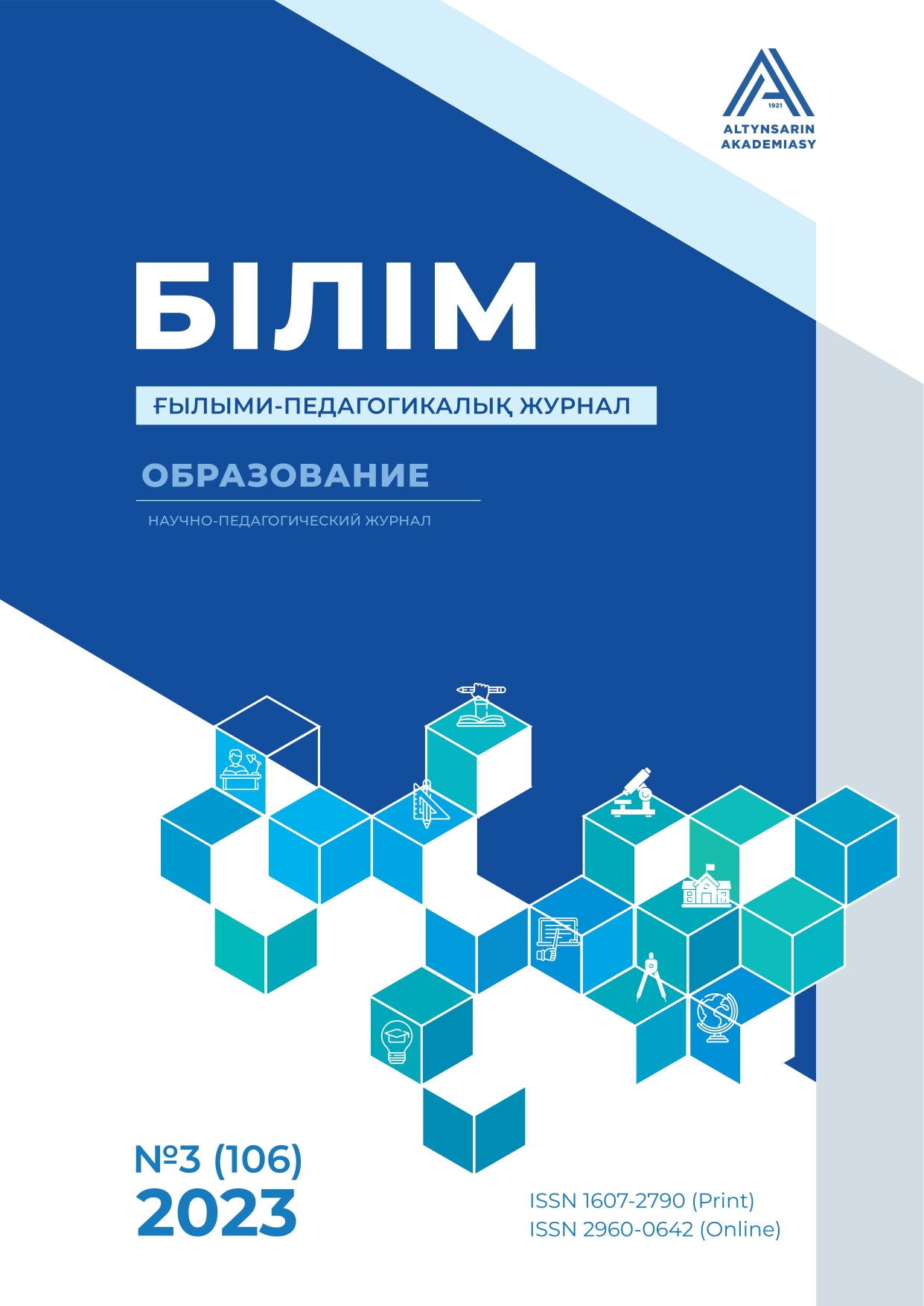Профессиональные возможности сельских учителей Казахстана
DOI:
https://doi.org/10.59941/2960-0642-2023-3-55-65Ключевые слова:
сельские школы, учителя, статус учителя, возможности, качество преподаванияАннотация
Данная статья основана на исследовании, в котором изучаются профессиональные способности и возможности учителей сельских школ Казахстана с точки зрения ключевых заинтересованных сторон. Используя смешанный метод исследования, в этом исследовании использовались как количественные опросы, так и полуструктурированные интервью для сбора данных о способностях и опыте учителей [1]. Количественный опрос был проведен среди 125 учителей из 40 сельских школ по всему Казахстану. С участниками сельских школ на окраинах Алматинской, Кызылординской, Шымкентской, Актауской и Оскеменской областей было проведено 90 качественных интервью (41 индивидуальных и 49 фокус-групп). В интервью приняли участие директора школ, заместители директоров, координаторы предметов, учителя, учащиеся 7–11 классов, представители областных и районных отделов образования, родители. Ключевые результаты исследования показали, как сельские школьные учителя воспринимаются заинтересованными сторонами, а также основные проблемы, сложности и дилеммы, с которыми сталкиваются эти учителя. Исследование также дает рекомендации по улучшению качества профессии сельского учителя. В качестве руководства для исследования использовалась Система качества ЮНЕСКО.
 ҚАЗ
ҚАЗ РУС
РУС ENG
ENG
